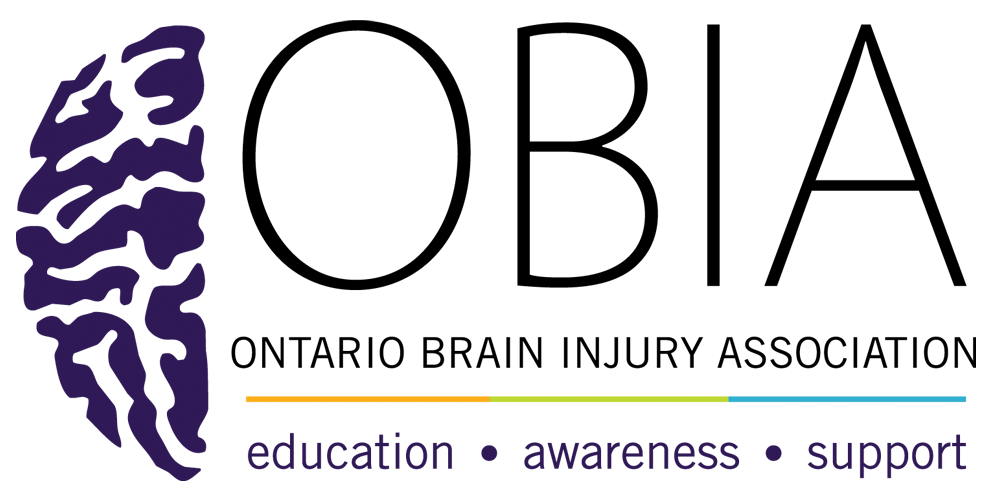Quick Facts
-
- Many individuals experience anxiety following a brain injury.
- Stress can build over time to become anxiety or it can be a reaction to a specific situation.
What does it
look like?
-
- Major life changes
- Changes to the individual’s cognitive skills and personality
- Previous experiences of anxiety or those with family history of anxiety may have a higher risk of experiencing anxiety
- Stress (work, finances, family)
- Side-effects of medication
- Illicit drugs
- Concerns about the future, life has changed from the injury and the future is unknown.
- Anxiety may lead to low self-esteem and poor quality of life
- Anxiety may complicate the individual’s rehabilitation and interfere with relationships and communication.
Possible Causes and Complications
-
- The most common symptoms of anxiety include fear, worry, restlessness, and difficulty concentrating or sleeping.
- Sometimes people express anxiety by being irritable, tired, as muscle tension, shortness of breath, or by looking panicked.
- May withdraw and isolate themselves and find it difficult to engage in activities of daily life.
- May become suspicious of new people and events, obsessional in thoughts or actions.
What can we do?
-
- Anxiety can be treated with therapies or medications, talk to your family doctor if symptoms persist for more than two weeks.
- Identify and alleviate anxiety as soon as possible to reduce the risk of frustration and anger
- Do not try to reason away the anxiety
- Encourage the individual to:
- Practice relaxation techniques
- Exercise regularly
- Participate in an activity or hobby they enjoy
- Talk with family and friends about how they are feeling
- Focus on one thing at a time and stick to a routine
- Reduce the number of demands
- Focus on what is in their control
- Be positive and realistic about the future
- Build confidence by setting simple and achievable tasks before presenting tasks that are more difficult
- Learn as much as you can about brain injury and manage the individual’s changes in a calm and confident manner.
Disclaimer: This information is not meant to replace advice from a medical doctor. Consult a health care provider regarding specific medical concerns or treatment.

